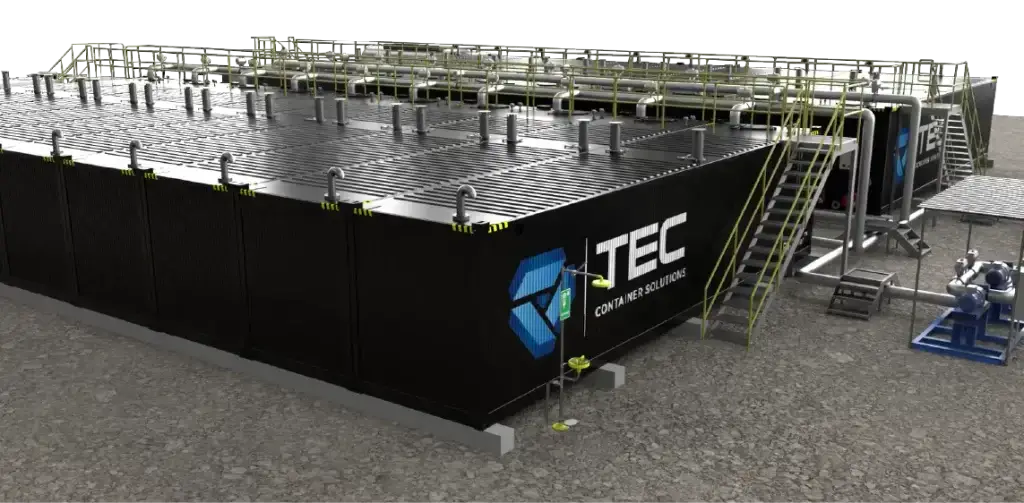In the ever-evolving landscape of road construction and materials science, embracing innovations that promise to enhance sustainability and efficiency in bitumen storage and usage is vital. A recent scientific study, “Methodology for Efficient Bitumen Storage with Reduced Energy Consumption,” casts a spotlight on ground breaking methodologies that align seamlessly with our commitment to innovation and environmental stewardship.
The study delves into the optimisation of energy consumption during the storage of 35/50 bitumen, a challenge that resonates with the broader industry’s push towards sustainability. Traditional storage methods have relied heavily on maintaining bitumen at high temperatures using fossil fuels, a practice that, while effective, demands significant energy and has a pronounced environmental footprint. The research introduces two alternative storage processes aimed at reducing energy use: dynamic temperature storage, which oscillates between 140 and 160 °C, and room temperature storage.
Crucially, the study’s findings reveal that these innovative storage methods do not compromise the quality of bitumen. Both short-term and long-term ageing tests, including the Rolling Thin Film Oven Test (RTFOT) and the Pressure Ageing Vessel (PAV) test, confirm that the physical properties of bitumen remain stable under these new conditions. This stability is critical for ensuring the longevity and durability of road surfaces.

At TEC Container Solutions, our BitutainerTM Storage Facilities embody the principles of energy efficiency and environmental responsibility highlighted in this research. By incorporating such cutting-edge methodologies, such as only heating the bitumen that is needed, we not only ensure the superior quality of our bitumen products but also contribute to a more sustainable industry. Our advanced storage solutions are designed to maintain the integrity of bitumen while significantly reducing energy consumption and carbon emissions.
The study further underscores the potential for significant energy savings. Room temperature storage, in particular, is shown to drastically cut energy needs by more than threefold compared to standard configurations when compared over a 90 day period. This finding aligns with our ongoing efforts to innovate within our operations, ensuring that our bitumen storage not only meets the highest standards of quality but also sets new benchmarks in sustainability.
The insights from the “Methodology for Efficient Bitumen Storage with Reduced Energy Consumption” study reinforce our commitment to leading the industry towards a greener, more efficient future. As we continue to explore and implement sustainable practices, we remain steadfast in our mission to pave the way for a more sustainable world, one road at a time.
Read the full article here.
